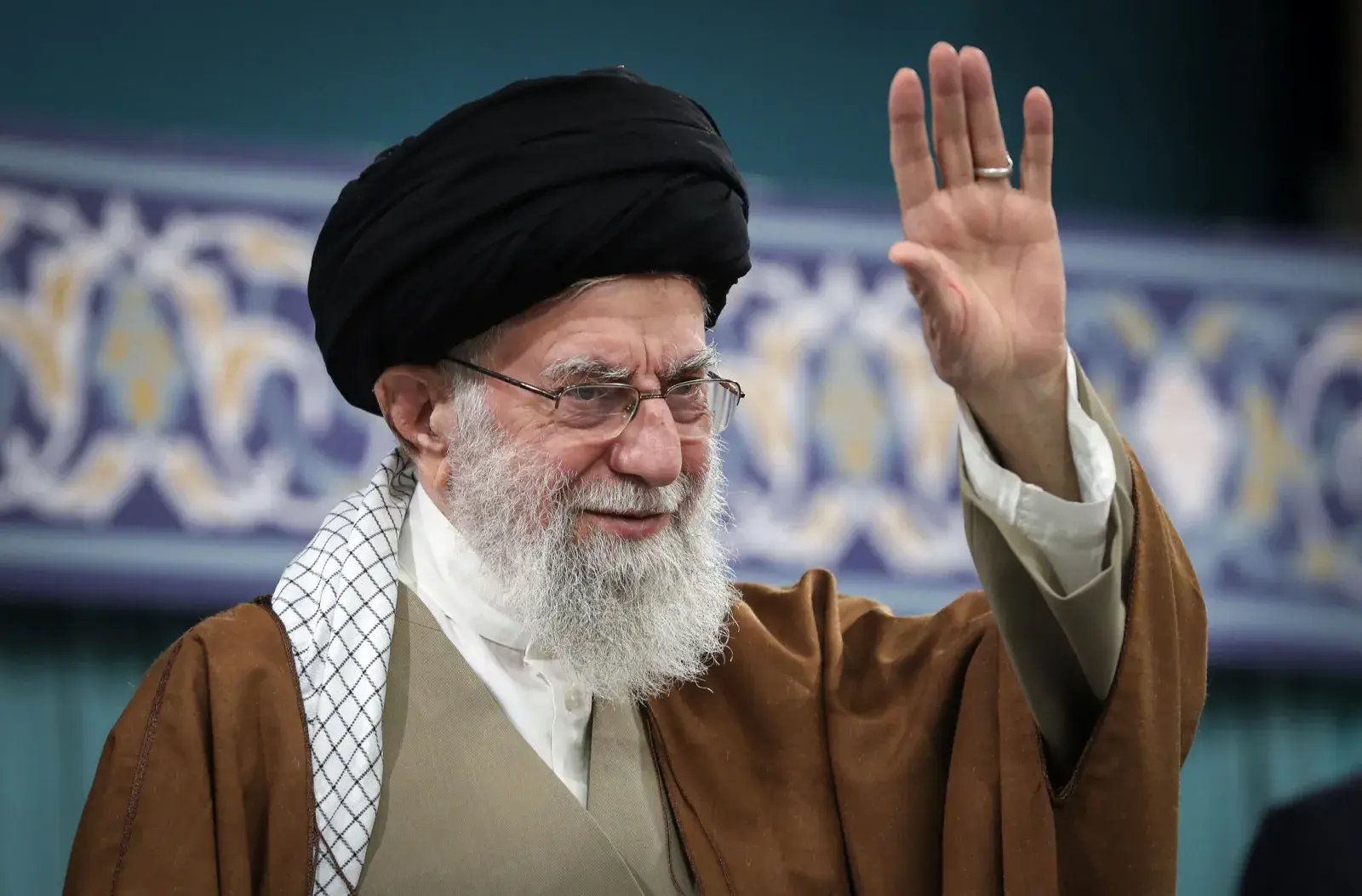Iran welcomed Saudi Arabia's defense minister to Tehran just days before another round of critical nuclear talks with the United States—an overture that underscores Tehran's bid to outmaneuver Washington's pressure campaign as the specter of a wider Middle East war looms.
Newsweek has reached out to the governments of Saudi Arabia and Iran for comment.
Why It Matters
The visit comes as Iran has intensified outreach to Gulf states, seeking to bolster regional ties amid escalating tensions with the United States over its nuclear program and growing threats of war.
The rare encounter highlights accelerating efforts by two longtime regional rivals to stabilize relations amid mounting fears of broader conflict, especially with tensions flaring across Gaza, Syria, and the Red Sea, as Washington's pressure grows on Iran's proxy groups in the Middle East.

What To Know
Saudi Arabia's Defense Minister Prince Khalid bin Salman arrived in Tehran on Thursday for meetings with officials. He was formally received by Major General Mohammad Bagheri, the Chief of Staff of Iran's Armed Forces, according to video published by Iranian media outlets.
The visit comes ahead of anticipated nuclear talks between Iran and the U.S. on Saturday. The location of the meeting, which follows a previous encounter in Muscat, is yet to be confirmed.
Relations between Saudi Arabia, a key U.S. ally, and Iran have been strained since they severed diplomatic ties in 2016, following the storming of the Saudi embassy in Tehran after the kingdom's execution of Shia cleric Nimr al-Nimr.
The visit also follows a U.S. announcement by Energy Secretary Chris Wright that there would be advancement towards a preliminary agreement on a civilian nuclear program with the kingdom. Crown Prince Mohamed bin Salman had once suggested Riyadh would pursue nuclear weapons if Iran does, during a 2023 Fox News interview—an action the U.S. would oppose.
U.S. President Donald Trump has directed his administration to seek a new deal with Iran that would ensure it cannot acquire nuclear weapons.
But Foreign Minister Abbas Araghchi who leads the Iranian delegation in the talks has rejected negotiations that would limit his country's uranium enrichment program as U.S. envoy Steve Witkoff has said would be required.
Tensions have raised the risks for war as the U.S. is already engaged in a military fight against another Iranian-backed group—the Houthis in Yemen. Trump has threatened to bomb Iran or to join Israel in doing so if Iran does not agree to a nuclear deal through diplomacy.
What People Are Saying
Saudi political analyst Mubarak al-Atee told Newsweek: "Through this visit, Saudi Arabia is clearly aiming to keep relations between the two countries separate from the rapidly evolving developments in the region, specifically the U.S. threats and Israeli threats to strike Iran's nuclear reactor. Saudi Arabia is trying to distance itself from the U.S-Iran negotiations and wants to assert its opposition to the use of force to settling scores among nations. "
Amirdaryoush Youhaei, Iran analyst and MA Student at University of Tehran on X: "Historic scenes in Tehran. It was not so long ago that the current Saudi defence minister Khalid Bin Salman was sitting at the Oval Office with Pres. Trump during his first term, discussing ways to suffocate the Iranian regime, but now he is in Iran!"
Abdullah Al-Shehri, Saudi social media influencer on X, translated from Arabic: "The relationship between Saudi Arabia and #Iran is an equal relationship built on interests and balance, while the relationship between the militias and their followers with Iran is based on subordination and implementation without independent decisions. There is a big difference between someone who owns his own decisions and negotiates and someone who is ordered...!!"
What Happens Next
All eyes now turn to Saturday's high-stakes nuclear talks between Iran and the United States, as both sides shore up regional alliances in a tense diplomatic standoff.
Updated on 04/18/2025 at 04:08 a.m. ET with comments from Saudi political analyst Mubarak al-Atee.

















